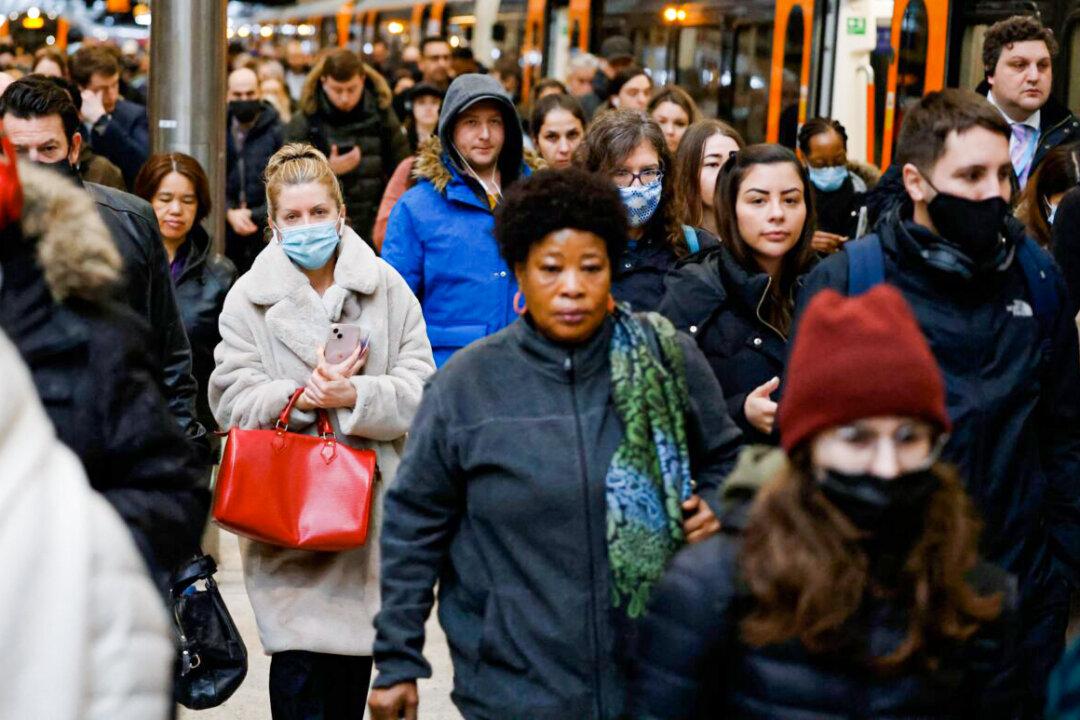People in England who have a cough or cold are to be urged to “stay home and avoid contact with other people” under the UK government’s new guidance on COVID-19.
Under the new guideline, from April 1, people with symptoms of a respiratory infection, including COVID-19, and a high temperature, or who feel unwell, will be advised to “try” to stay at home and avoid contact with other people, until they feel well enough to resume normal activities and they no longer have a high temperature.





